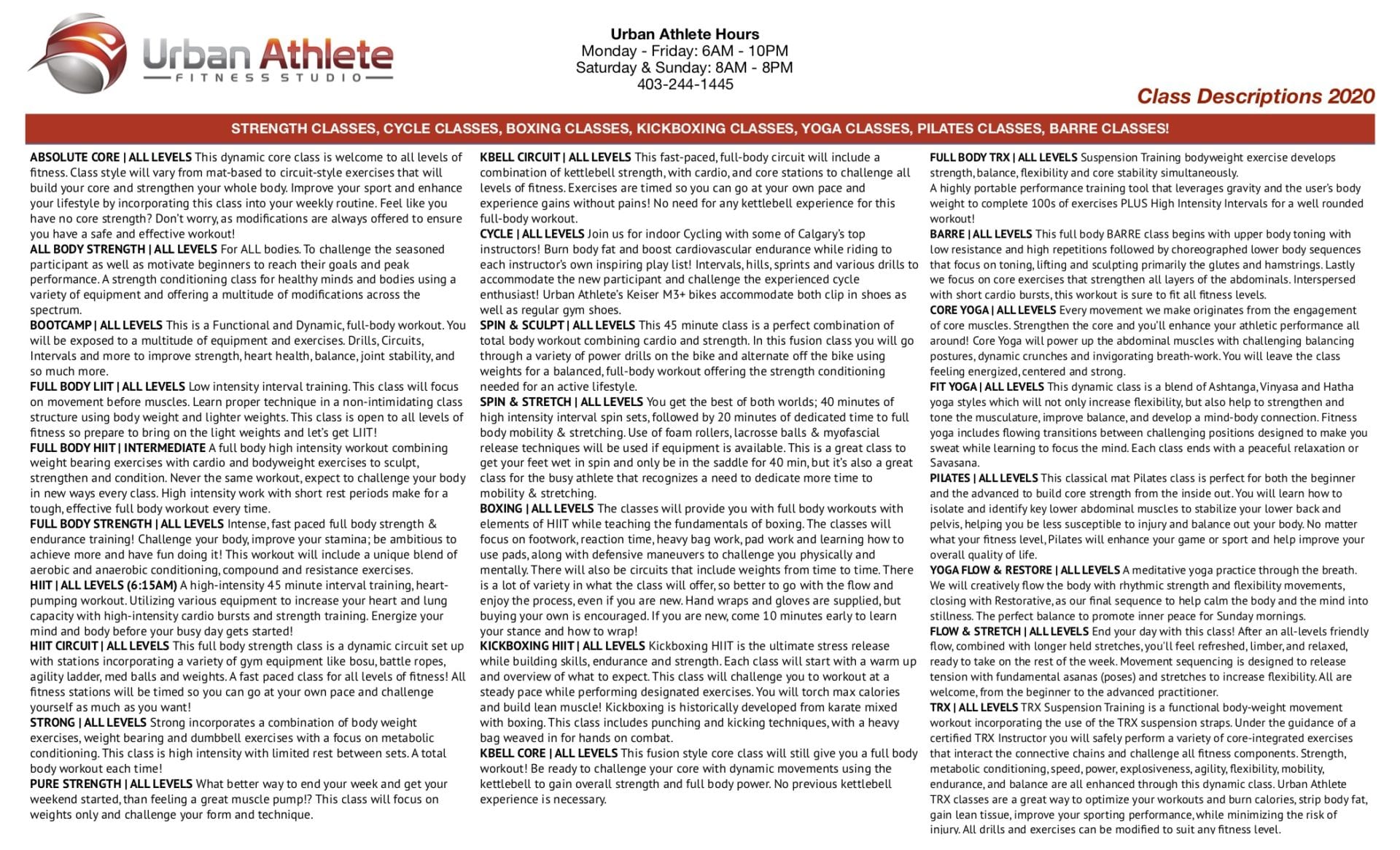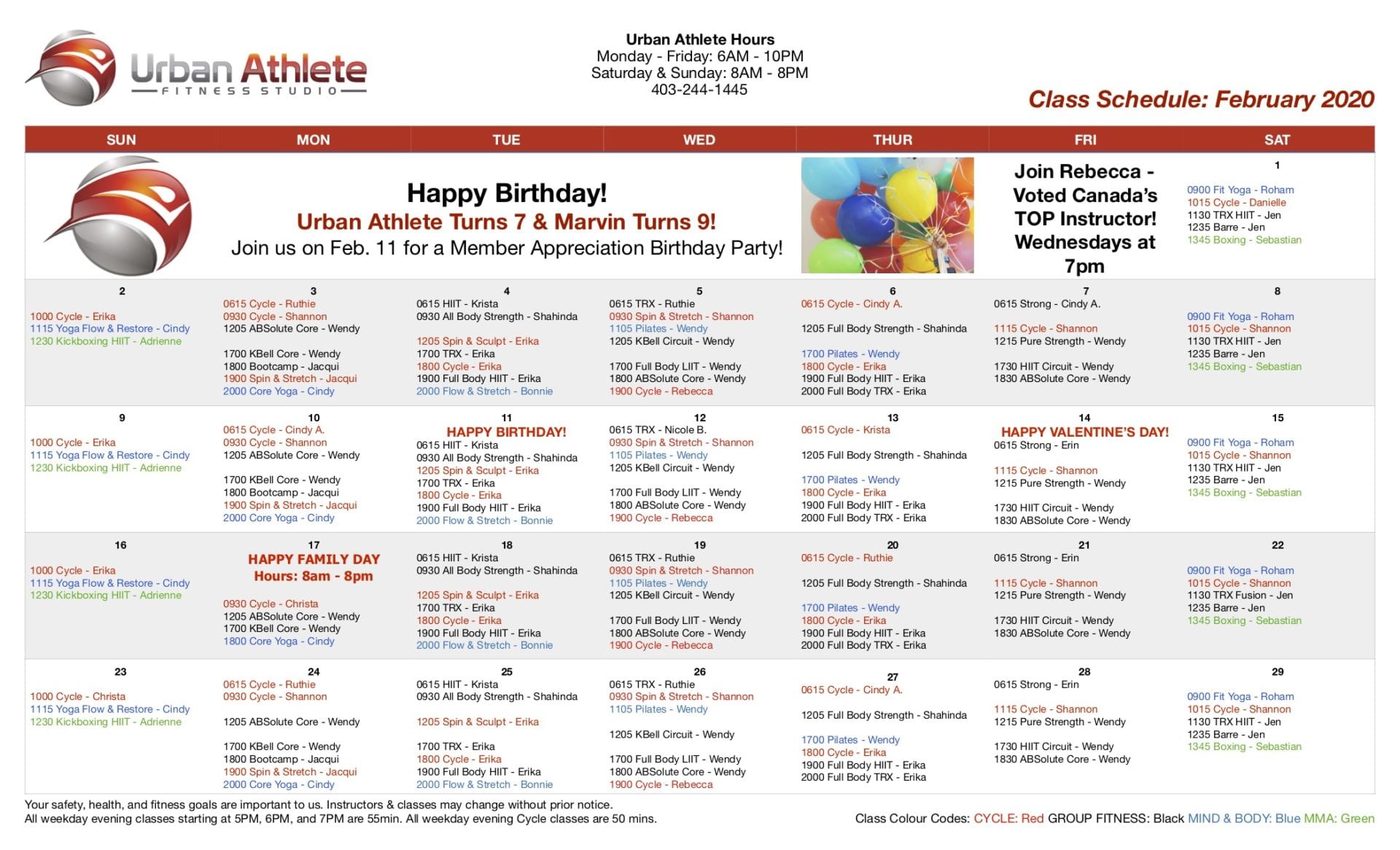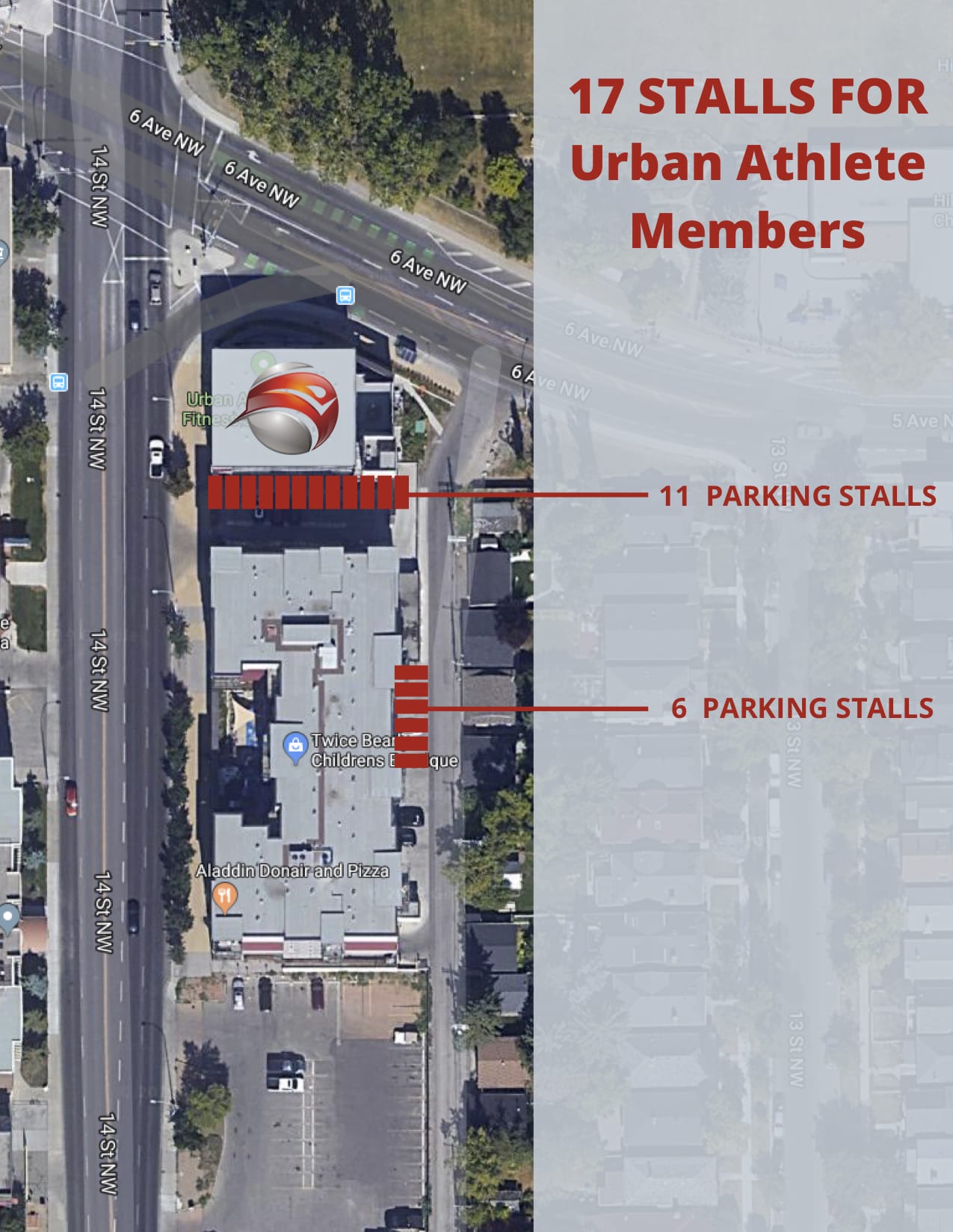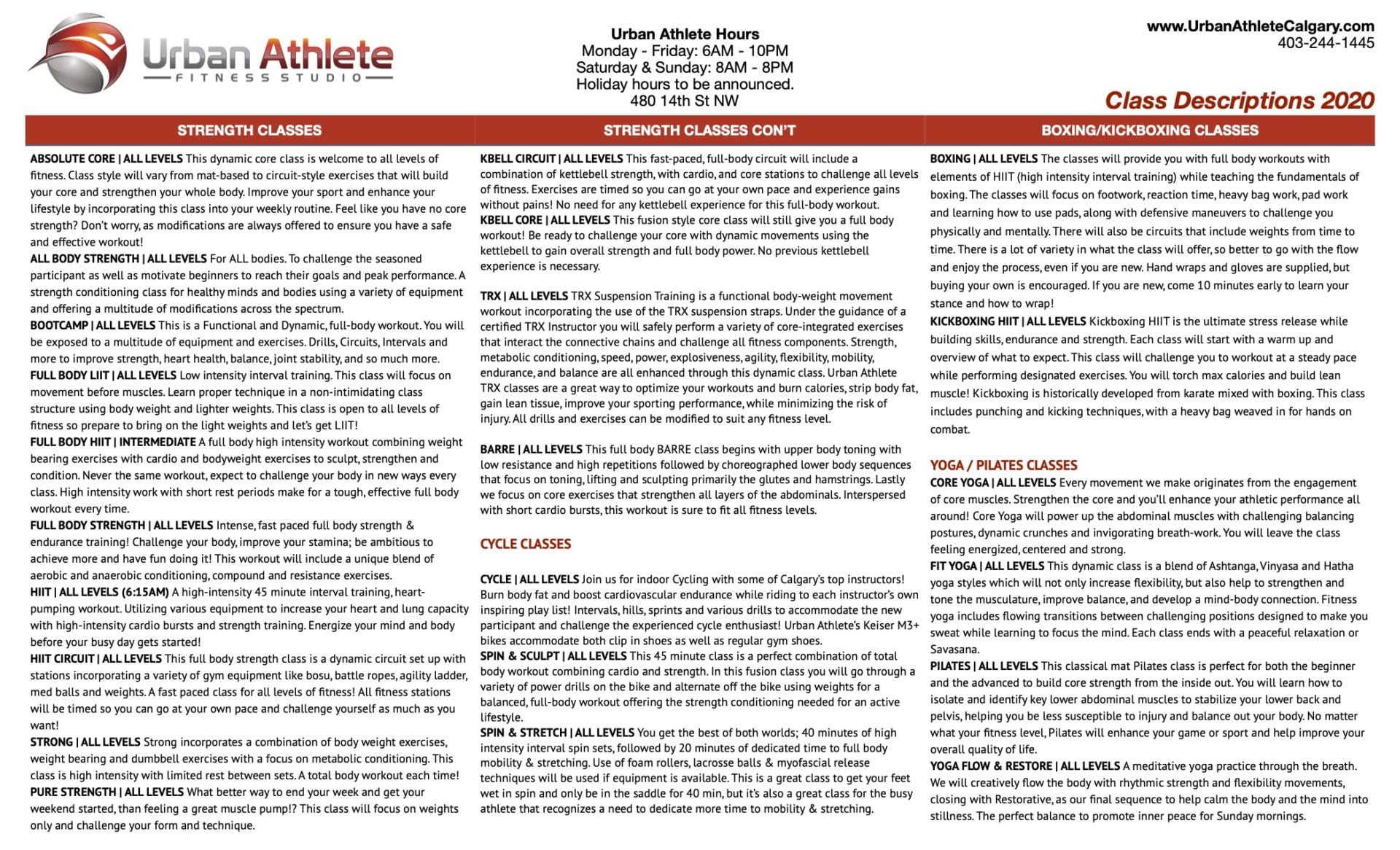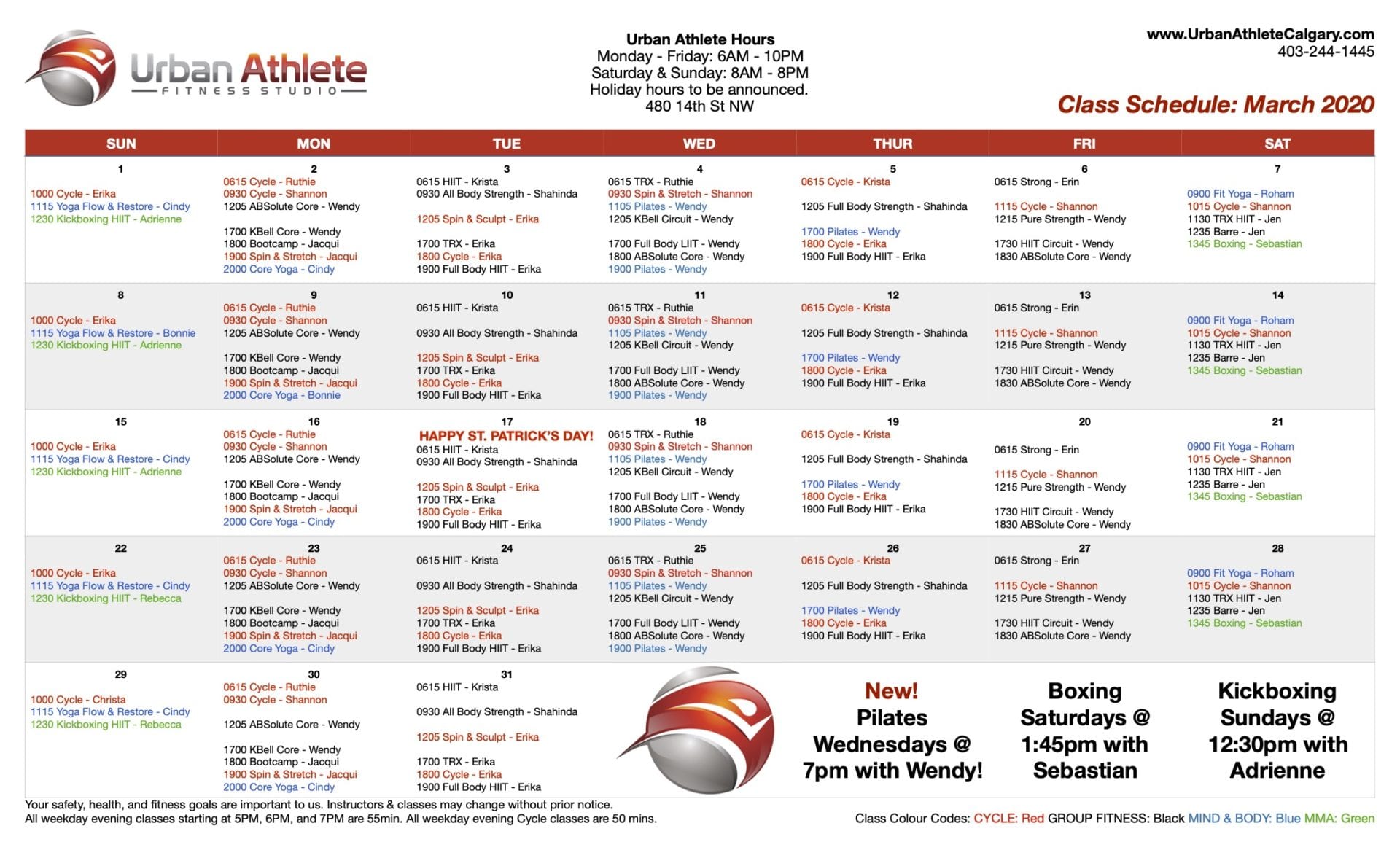by: Hayley Martin | Urban’s In-House Nutrition Coach
It can be hard to figure out what to eat before and after a workout. The science of how food is processed and where it comes from is quite complicated! You should eat based on your body type, the intensity of workout you do, and your likes and dislikes. Here is a general guideline and some insight for how to fuel your body before and after a workout!
All macronutrients (carbs, fat, protein) play a crucial role in our quality of life and how quickly we can recover from a tough workout.
For example, healthy fats (olive oil, nuts, seeds, avocado, etc), play an important role in keeping our hormones stabilized. This means that as our fight or flight hormone (cortisol) goes up, healthy fats bring it down to a healthy level, ensuring we don’t store fat over the long term. Healthy fats also help us absorb nutrients and satiates us so we’re not constantly hungry.
Protein is essential for the building of new proteins. Our hair, skin, nails, skeleton, and muscles are all built out of protein. If we don’t have enough protein in our diet, our muscles will start to weaken, and we’ll feel a lot more sore most of the time.
Carbs are essential in helping to synthesize (breakdown) proteins to be used for the right purposes. Complex carbs such as quinoa, brown rice, some fruit, oats, etc. are important for keeping our blood sugar stabilized to avoid cravings and to keep our energy levels consistent. Simple carbs such as white rice, bananas, and cereals are good to consume before a workout to give us immediate energy. We need fuel to have amazing workouts and help to make sure we don’t dehydrate too fast.
Our bodies tend to use what’s stored first – so what you eat after your workout on Monday, will be most of what fuels your workout on Tuesday. Once that runs out, your body uses what’s immediate for energy (what you eat before your workout). It’s important to adequately nourish your body with carbs within 3 hours before your workout, and lots of protein and carbs within three hours after. If you’re a consistent morning worker-outer, even something as small as a banana will do the trick, as eating a big meal right before can have you feeling groggy and tired before a workout. The easiest way to make this habit a sustainable part of your life, is picking a day of the week and choosing 1-2 hours out of it to prep a few meals, so you don’t binge and eat whatever’s most convenient after your workout (typically processed, full of sugar). It can be as easy keeping things on hand, such as a bag of vegetables and nuts, or some fruit. Being prepared for anything is the smallest and most important step to achieving long-term health.
A quarter plate of protein, a quarter plate of carbs, about half a plate of fruit/vegetables, and about 1-2 thumb sized-servings of healthy fats (1 tablespoon of oil works too), is substantial at every meal. Of course, having balance of other foods that you like is important too in moderation!
See front desk today to schedule your free nutrition consult.


